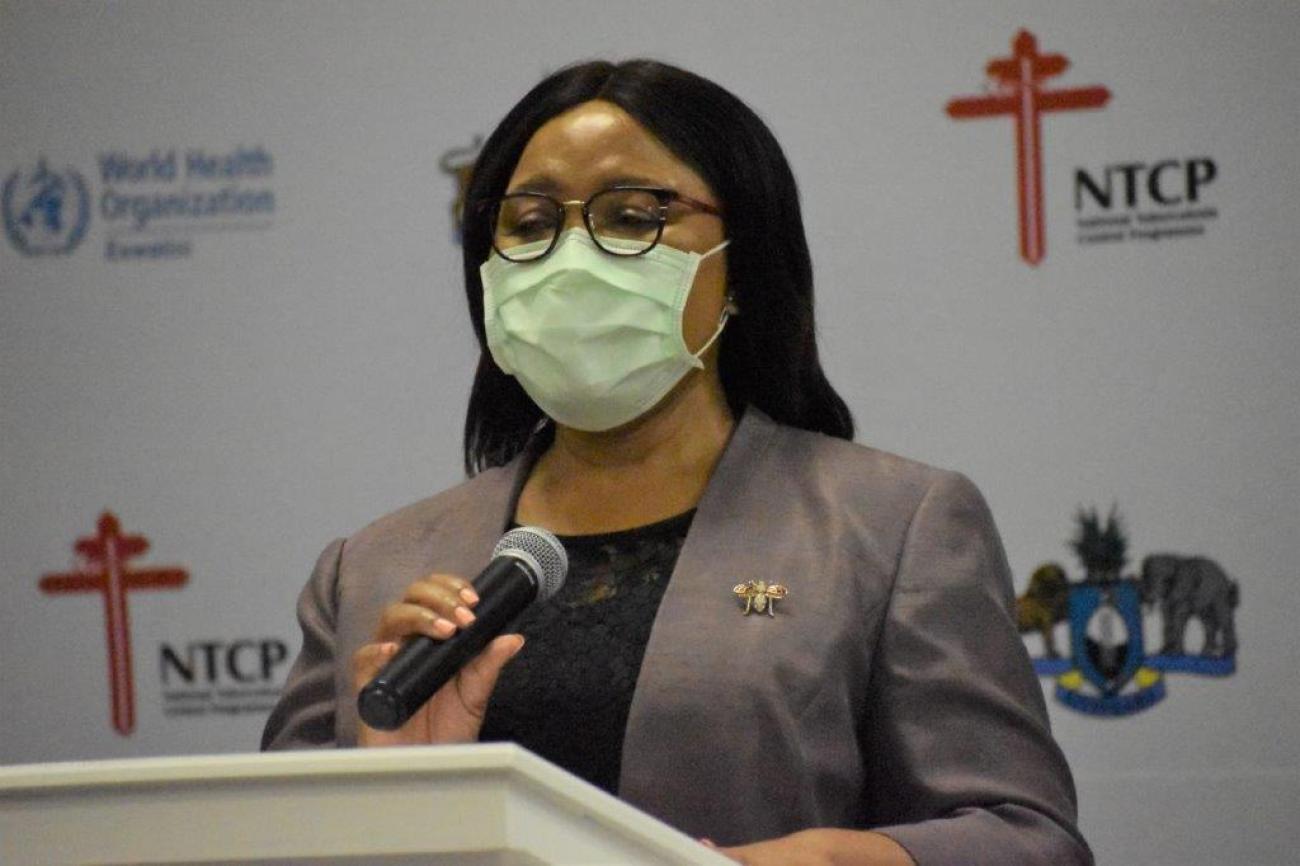On the 24th March 2022, Eswatini joined the rest of the world to commemorate the World TB Day.
The commemoration, which was graced by the Minister of Health, Senator Lizzie Nkosi and multisectoral partners, including donors, civil society and the private sector, was held at Esibayeni Lodge in Matsapha.
World TB Day is observed to raise public awareness and understanding about tuberculosis; one of the globe’s deadliest infectious diseases and highlight its devastating health, social and economic impacts.
The theme for this year, “Invest to end TB. Save lives”, emphasizes the urgent need to invest the resources necessary to ramp up the fight against TB, and realize the commitments to end TB made by global leaders.
Eswatini was commended for making significant strides in ending TB but stakeholders noted that a lot still needs to be achieved.
The Minister of Health noted that Eswatini has seen a consistent decline in notified cases from about 7 000 to 2 045. This has seen the incidence drop from 1200 cases per 100 000 to 319 per 100 000. “The health system has managed to achieve a treatment success rate of 81%, in 2021 9% short of the global target of 90%, unfortunately the death rate increased from 8% in the 2019 year to 11% in 2021,” she said.
Eswatini has also felt the impact of COVID-19. “The past two years of the Covid-19 pandemic saw deaths of those co-infected with TB and Covid-19,” said the Minister. “The Programme has set a target of less than 5% deaths due to TB, however, high death rates of above 10% still affect the final treatment outcomes.”
The United Nations Acting Resident Coordinator, Ms. Amina Mohammed, (who was represented by the RCO Team Leader, Mr. Benjamin Ofosu-Koranteng), told the gather that funding for TB prevention, diagnosis and treatment services continues to fall far short of estimated global needs, and the United Nations global target.
In Africa, governments contribute only 22% of the resources required to deliver adequate TB services, with 44% going unfunded. “Increased funding from domestic sources and international donors is urgently needed if we are to counteract a reversal of the significant gains made against TB in the past decades,” she said. “At the current rate of progress, the UN Sustainable Development Goals (SDGs) target of ending the TB epidemic by 2030 will not be achievable.”
Other speakers included representatives of Business Eswatini, Medecins Sans Frontiers, Baylor Children’s Clinic, and the Parliamentary Caucus.



